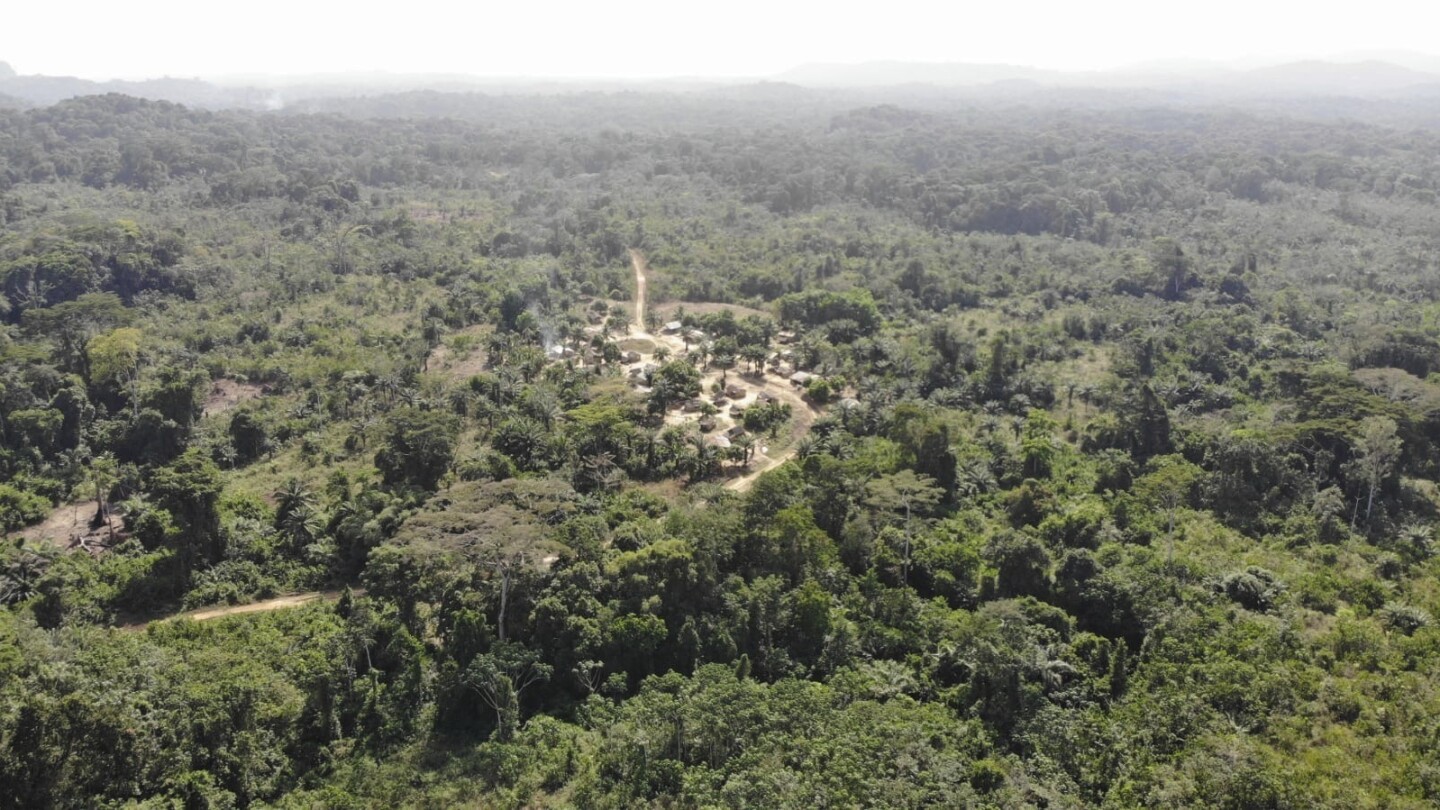The lush forests of Liberia, vital to the Indigenous communities like Matthew Walley’s, face a threat as the government agrees to sell 10% of the country’s land to Blue Carbon, a Dubai-based company. This move aims to preserve forests by selling carbon credits to offset polluters’ emissions, but critics denounce it as “carbon colonialism,” highlighting the lack of climate benefits and legal rights over the land.
Activists argue that the Liberian government lacks the legal authority to make such deals, especially without consulting local communities who stand to lose their land and livelihoods. The absence of a legal framework for carbon credits in Liberia leaves these communities vulnerable and without protections against such agreements.
Blue Carbon’s expansion across Africa, facilitated by agreements with several governments, raises concerns about Indigenous land rights, transparency, and human rights abuses. In countries like Kenya, Indigenous populations have already faced evictions for similar carbon credit projects, highlighting the destructive impact on communities and their way of life.

While Africa contributes the least to greenhouse gas emissions, its natural resources, particularly forests, play a crucial role in climate change mitigation. However, the economic incentives of conservation initiatives often overshadow concerns about human rights abuses and transparency, attracting cash-strapped governments despite the risks.
The lack of transparency in Blue Carbon’s dealings, including opaque agreements and undisclosed buyers of carbon credits, raises questions about the fairness and effectiveness of carbon offsetting. Concerns about “additionality” and the long-term carbon storage capacity of forests further challenge the credibility of such projects in combating climate change.
In Liberia, community mobilization and activism have temporarily halted the Blue Carbon deal, emphasizing the importance of respecting people’s rights and the rule of law in climate action. However, uncertainties remain about the future of these agreements under the new government and the need for a balanced approach that considers both environmental goals and the well-being of Indigenous communities.
